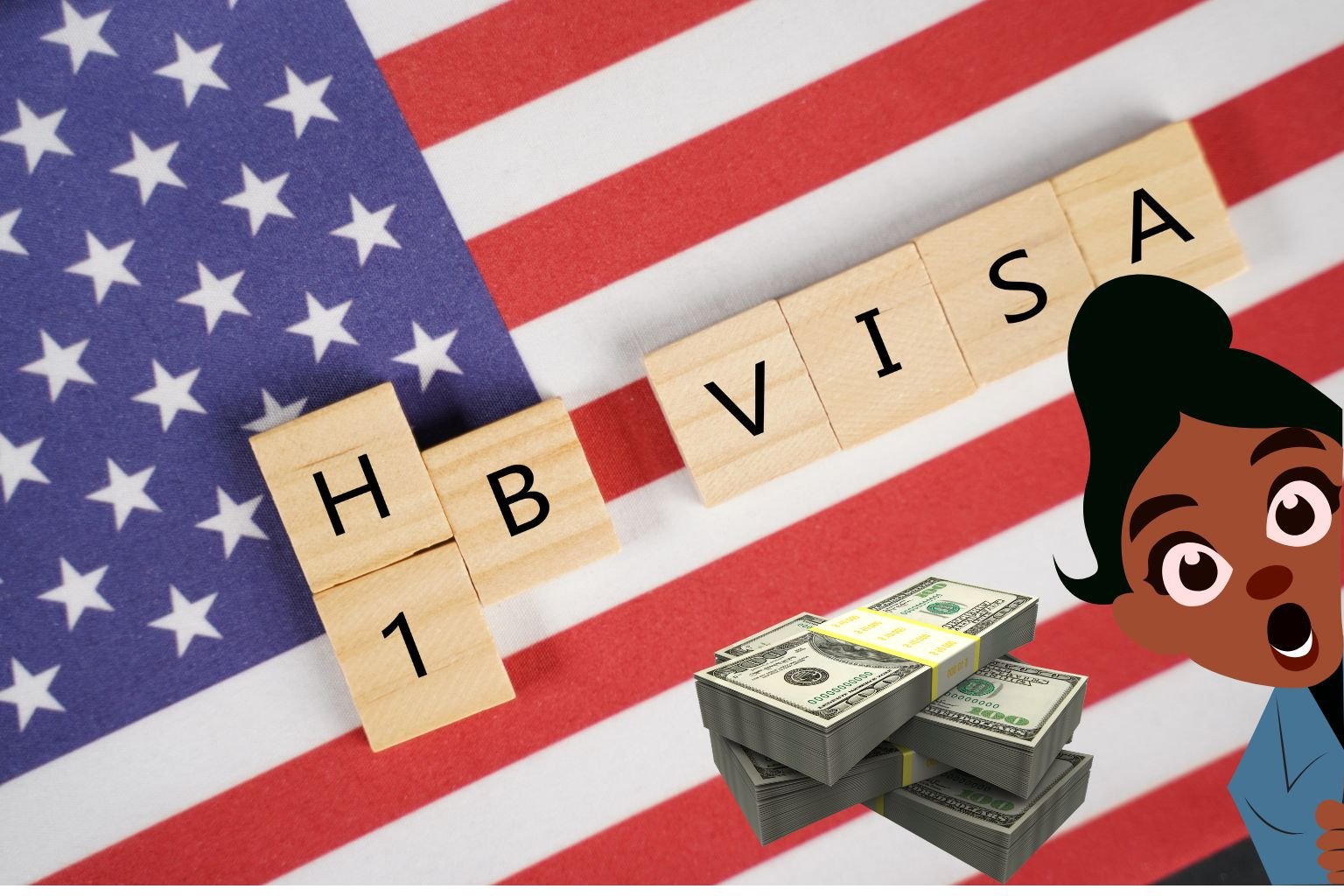Washington, D.C. — In a sweeping overhaul of its skilled-worker visa policy, the United States has introduced a dramatic increase in the cost for employers who wish to sponsor H-1B visas. On September 19, 2025, President Donald Trump signed a proclamation that institutes a $100,000 annual fee per H-1B visa application — a sharp jump from the existing fees — in what the administration says is an effort to protect American workers and reduce the misuse of the H-1B program.
What’s Changing
- The new fee of US$100,000 per year will be required from companies that file for H-1B visas.
- The fee is expected to apply to both new and renewal H-1B petitions.
- Additional visa-program shifts include higher wage floors for H-1B workers, intended to prevent employers from undercutting U.S. labor wages.
- New “Gold Card” and “Platinum Card” visas have been introduced: the Gold Card provides a direct path to U.S. permanent residency (and eventual citizenship) for individuals able to pay US$1 million, while the Platinum Card costs US$5 million and grants up to 270 days in the U.S. without taxation on foreign income.
Potential Impacts & Reactions
- Tech and STEM sectors — Companies that rely heavily on foreign high-skill labor may face steep cost hikes. Smaller startups or firms with limited margins may find the financial burden especially severe.
- Indian and other top H-1B source countries — India, in particular, has been the largest beneficiary of H-1B visas. This policy may significantly affect Indian tech professionals aspiring to work in the U.S.
What’s Next
- The fee is expected to take effect shortly after the proclamation, though implementation details are still being worked out.
- Employers will need to rethink budgeting and strategy — which visa holders they can afford to sponsor; whether to prioritize senior or high-wage roles; and possibly seek alternative visa routes.
- Immigration advocacy groups and business associations are likely to challenge parts of this policy in court. The outcome of legal challenges may modify or delay certain provisions.








